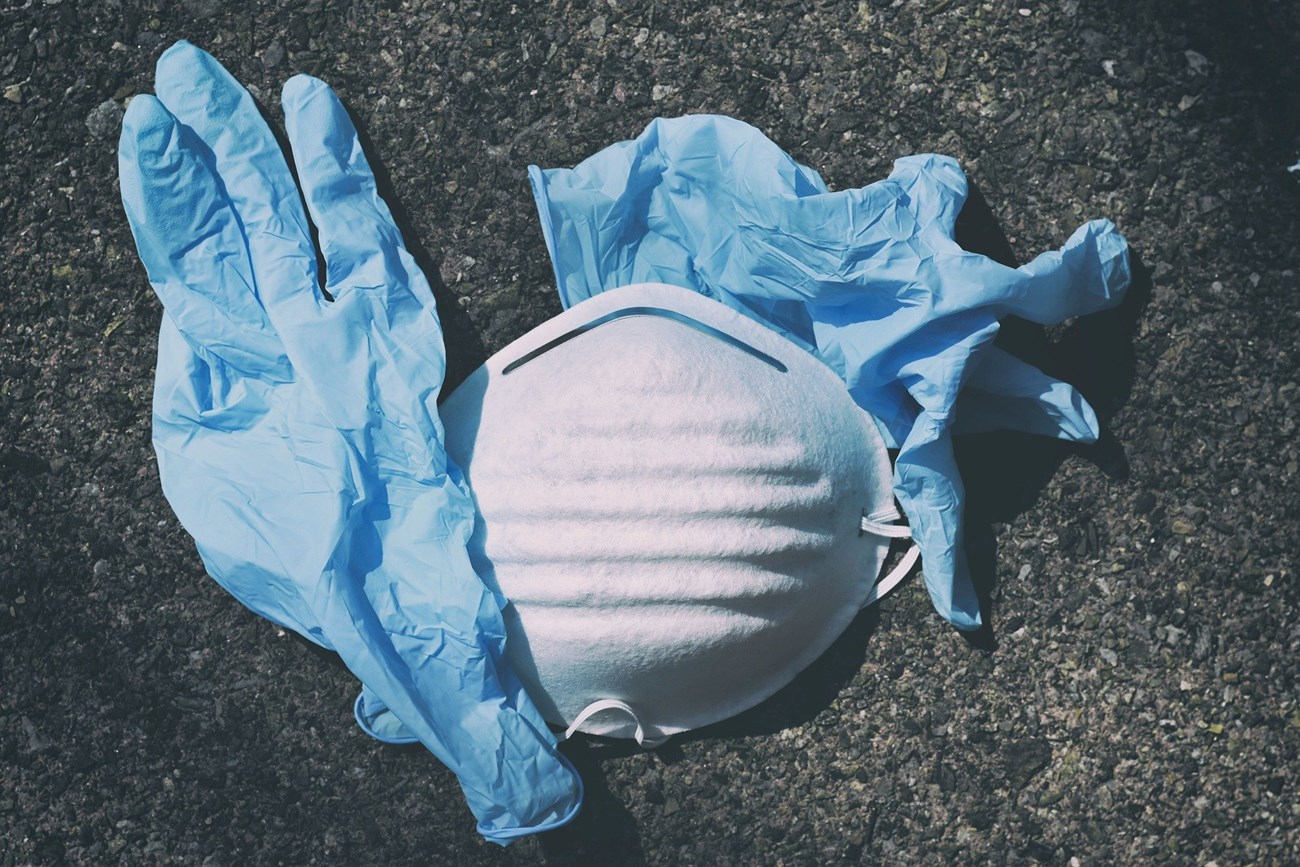Last updated: August 11, 2021
Article
Disposable Glove Alternatives

Disposable glove use has been on the rise since the beginning of the COVID-19 pandemic. These gloves have always been used by concessioners in food preparation, however with the increase of use in other areas of parks comes an increase in waste. There are seemingly few earth-friendly, low impact alternatives available for the disposable, single-use glove.
Here are some alternatives to consider when contemplating your protective gear path:
- Identify when gloves are and are not needed – The Centers for Disease Control and Prevention (CDC) released recommendations in June of 2020 to help guide people on when to use and when to forgo wearing disposable gloves. Employees can also opt for reusable silicone or rubber gloves that will limit the amount of waste created while protecting the user. These types of gloves can be used for cleaning or in heavily trafficked areas such as fee collection. Making sure your gloves are sanitary for their next use is important. Always follow directions provided with your gloves but make sure to treat them like dirty hands and don’t touch your face or consume anything during active use.
- Choose commercially compostable gloves – If disposable gloves are necessary, looking for a compostable version is the most earth-friendly option. There are several companies, available to the United States, that promote their plant-based gloves as an alternative to the traditional Latex or Nitrile gloves. These commercially compostable gloves can be used in food prep but are not recommended when it comes to using abrasive cleaners or dealing with high temperatures.
-
Adopt a recycling program – If compostable or reusable gloves are not an option for your operation, opt for adopting a recycling program for your plastic, nitrile, vinyl, and latex disposable gloves. It is as simple as ordering a Zero Waste Box system from a specialty recycling company, collecting the used gloves, and sending them back for recycling.
As a reminder, it is important to follow directions on any cleaning products in addition to guidance from your local authorities and the CDC.
